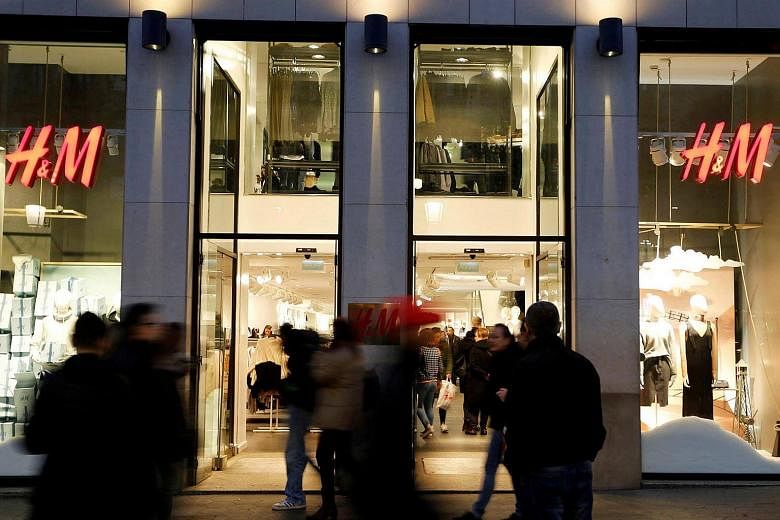LOS ANGELES • Congratulations on your graduation. Your professional life awaits. That includes impressing a new boss and learning that networking is an art.
And that what you wear matters.
"Fast fashion" will be tempting.
It will be easy to wander into one of the many chains selling disposable fashion in an attempt to create an entire workday wardrobe as cheaply and as quickly as possible.
Resist. Buy less. Buy better.
It will benefit your finances in the long run. It is gentler on the environment. It can help encourage fairer wages and working conditions for garment workers.
Certainly, there is no need to spend hundreds of dollars on a single pair of trousers. But there is no need to be beholden to fashion trends either.
For most people, the goal should be to simply look polished, relevant and modern.
As every wardrobe guide advises, start with the basics - pieces that work well together.
If you would wear it to the beach or yoga class, it does not count as workwear. But it also does not mean forcing yourself to dress like a personality-less robot. Colours. Prints. Be an individual, but not a lone wolf.
Cheap shoes are not worth the foot pain. Instead of Forever 21, think of online brand Everlane.
Rather than Topshop, consider COS, the London-born brand that is owned by H&M and specialises in clean lines and admirable quality.
The argument for buying quality clothes includes the likelihood that they will last longer and look better after multiple washes.
All clothes benefit from tailoring.
Do not ask a seamstress to rebuild a jacket that is obviously unflattering or is several sizes away from fitting properly.
But have a professional make minor, not-so-terribly-expensive adjustments. Have trousers properly hemmed; have a waistband nipped in if it gaps in the back.
Shorten jacket sleeves so they do not flop over your hands.
Tailoring improves clothes' quality and, if something fits well, it looks better - that means one less thing to worry about on a daily basis.
There is also nothing wrong with proudly wearing the same pair of trousers or the same dress multiple times a week.
Deciding which garments and manufacturers are better for the environment can be complicated.
Organic cotton means fewer pesticides, but cotton growing can stress communities because of the amount of water required.
Fast-fashion merchant H&M has pushed for higher wages in countries where it manufactures - such as Cambodia and Bangladesh - and has sought to encourage recycling.
But the reality is that most clothing ends up in landfills.
In 2014, for example, while nearly 65 per cent of paper products in the United States were recycled, only 16.2 per cent of textiles were, according to the most recent report from the Environmental Protection Agency.
Buying one or two pairs of quality trousers, instead of four throwaway ones, will not save the planet or raise the standard of living for factory workers.
But it is something. It is money well spent in the pursuit of looking good.
WASHINGTON POST

